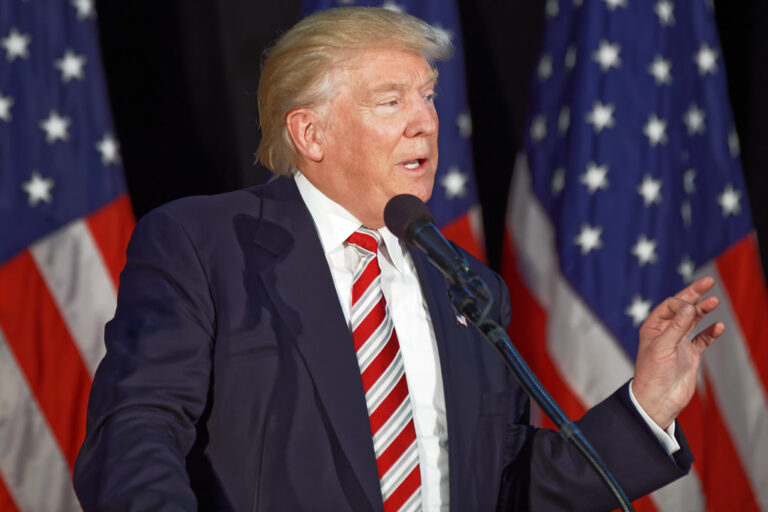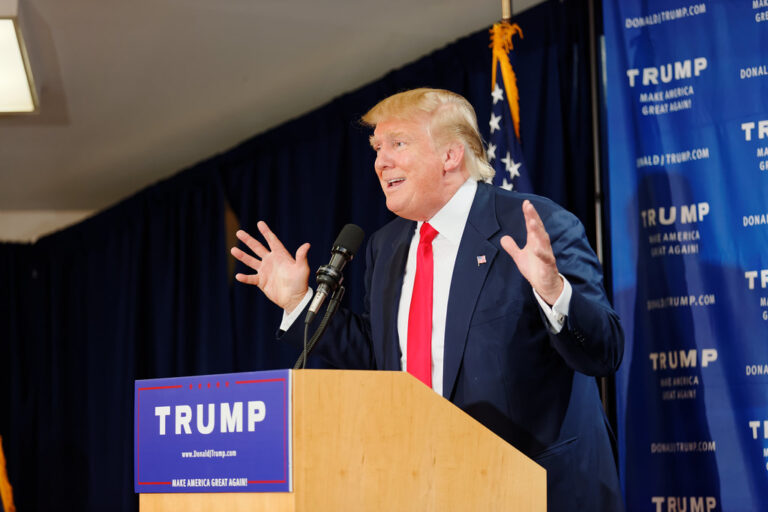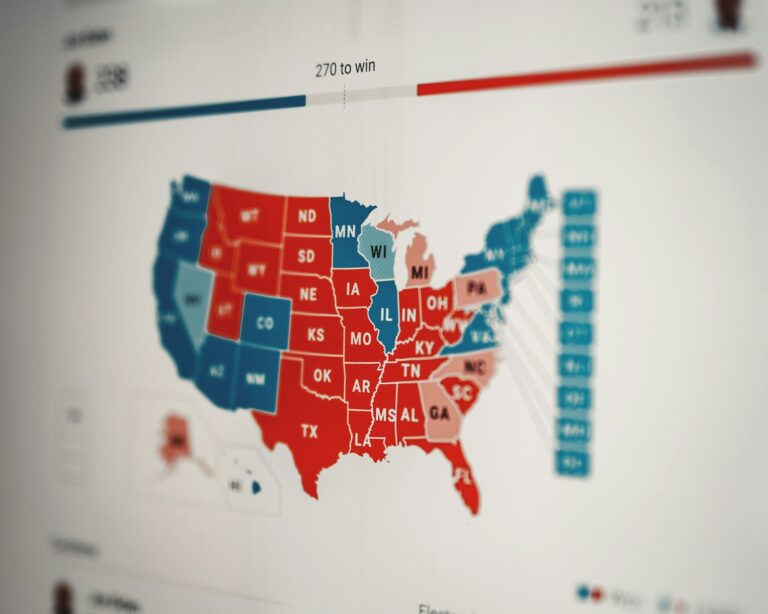Key Takeaways:
– Ahmed al-Sharaa promises to ensure the state controls all weapons in Syria.
– He plans to create a transitional justice committee to address past crimes.
– A national dialogue conference is underway to discuss Syria’s future.
– Kurdish groups criticize the conference for poor minority representation.
– Sharaa aims to integrate Kurdish forces into the national army.
– Reforms and economic recovery are top priorities for the new government.
A New Era for Syria?
Syria’s new interim president, Ahmed al-Sharaa, stepped onto the stage of Damascus’s presidential palace on Tuesday. With a firm tone, he promised to bring stability to a country torn apart by years of war. His plan? To make sure the government is the only one with weapons.
Sharaa, who leads the Islamist group Hayat Tahrir al-Sham (HTS), became Syria’s interim president after rebels overthrew Bashar al-Assad in December. HTS, once linked to Al-Qaeda, has tried to reshape its image, claiming it will protect minorities and fight for justice.
At the national dialogue conference, Sharaa emphasized the importance of unity. “The unity of arms and their monopoly by the state is not a luxury but a duty and an obligation,” he said. “Syria is indivisible. Its strength lies in its unity.”
A Step Toward Justice
Sharaa also announced plans to create a transitional justice committee. This group will focus on restoring people’s rights and bringing criminals to justice. Over the past two months, the new government has already started pursuing those who committed crimes against Syrians.
The interim president made it clear that the rule of law is essential. “We must build our state on the rule of law, and the law must be respected by those who establish it,” he added.
Not Everyone Is Happy
But not all Syrians are optimistic. In the northeast, Kurdish groups expressed frustration. They said the conference didn’t truly represent minorities. In a joint statement, 35 parties called the event symbolic and meaningless. “Conferences with token representation… are worthless,” they said.
Sharaa has asked the Kurdish-led Syrian Democratic Forces (SDF) to join the national army. The SDF played a key role in defeating the Islamic State group in 2019 with U.S. support. However, they weren’t invited to the conference because of their status as an armed group.
What’s Next?
The national dialogue conference marked the start of a critical phase for Syria. The new government aims to focus on three main areas: transitional justice, constitutional reforms, and economic recovery.
Sharaa has a long road ahead. He estimates it could take four to five years to organize elections and two to three years to rewrite the constitution. For now, an interim parliament is being formed to replace the one dissolved after Assad’s ouster.
Syria’s foreign policy under Sharaa will be based on balance and openness. He wants to build strong relationships with countries that respect Syrian sovereignty. “We are keen to develop strong ties with nations that have honored our independence,” he said.
HTS, despite its controversial past, has tried to shift its image. It claims to support religious and ethnic minorities. Sharaa even hinted that HTS might dissolve itself during the conference.
A Brighter Future?
The fall of Bashar al-Assad’s regime ended five decades of brutal rule. Syrians now hope for change. But challenges remain. Sharaa must unite a deeply divided country, address past crimes, and rebuild an economy shattered by war.
The conference in Damascus brought together hundreds of people, including civil society leaders, religious communities, and artists. Optimists see it as a sign of progress. Skeptics, like the Kurdish groups, worry it’s just a show.
Only time will tell if Sharaa can deliver on his promises. For now, Syrianswait eagerly to see if their new leader can guide them toward peace and prosperity.










